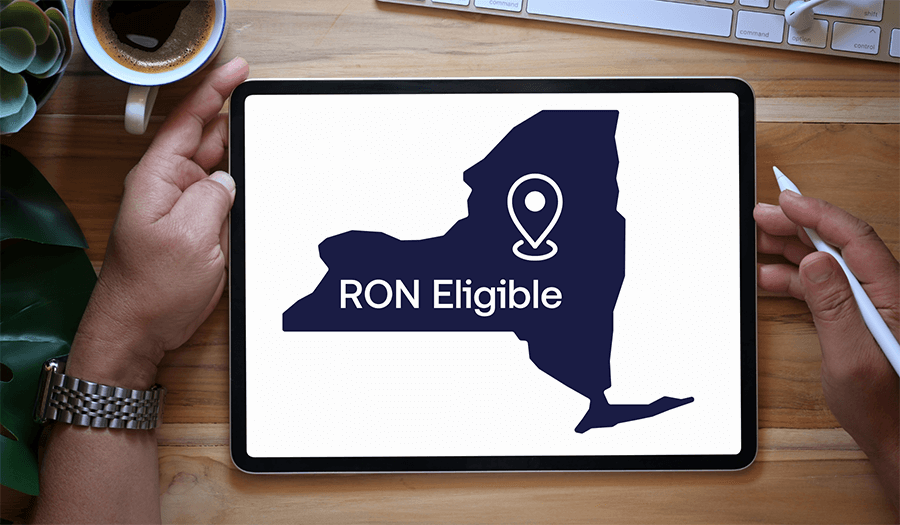Every episode of Finside Chats is special, but this one’s doubly special as it features two members of the Stavvy team. Shane Hartzler is our Chief Strategy Officer. Shane previously worked with Fannie Mae where he was the director of all of Fannie’s closing products, including eMortgage. Jeremy Potter, our Vice President of Legal and Capital Markets, came from Rocket Mortgage. Both joined Stavvy in 2021.
In our conversation Shane and Jeremy draw from their previous experiences as we consider some of the key challenges that must be overcome to fully digitize the mortgage process.
Listen Now: Overcoming Obstacles on the Road to Digital
#1: Getting past the paper
Ask any homebuyer what they remember about their closing and they’ll probably describe the giant stack of paper documents they had to work through. It’s a lot of paper, not to mention all the documents required in the origination, approval, and servicing processes—page after page submitted and copied and mailed and copied again. Think of all the trees consumed by the millions of mortgages processed each year. The environmental benefits of eliminating all that paper seem obvious, yet paper docs are still the norm. Why?
Jeremy conceded that the environmental costs of all that paper are considerable, but suggested that simply saving trees isn’t enough to motivate financial institutions to go paperless. Likewise, operational efficiencies created by paperless workflows might not move the needle on their own. The answer, he describes, is the cumulative, holistic benefits across all aspects of the business. They must all be considered together. “Once you start lining these things up next to each other, and you look at them all in the same moment, then you really start getting an understanding that [in a digital model] I don't have to wonder where all my legal documents and collateral are in the world. I know exactly where they are. I don't have to wonder how many truckloads I'm going to be unloading today on my loading dock,” he says.
Shane shared that the pandemic brought the problems with paper into perspective. “What happened with COVID was you had these back office operations where suddenly half of the floor was out because of [health protocols], and they couldn't operate the same way. And they realized, oh, if we were doing this electronically, we wouldn't have this staffing issue,” he explains.
#2: Rethink, not reproduce
As the benefits of electronic mortgages become more obvious and quantifiable, the question turns to what does an ideal paperless process look like. Shane suggests the industry still has a long way to go on that score. “I think we see with the way e-closings got introduced is, we take an existing process and we just automate the same way that that process is done,” he describes. “And so you're not gaining the efficiencies that the technology could give to you. You still have inefficiencies in the process that you didn't address. [You have to] ask yourself, well, why are we doing it this way? Or is there a better way to do it?”
Jeremy agrees that digitization must do much more than turn paper into screens. “Yeah, I think the best example is just taking an 8.5" by 11" frame and creating a digital document that also looks and feels like 8.5" x 11", despite the fact that when you are in a digital world, there's no reason to do that.”
#3: Let’s start with disclosures
If now is the time to rethink how things are done, Shane suggests we take a long look at disclosures. “You go and do a closing and you're signing 20 different documents that are disclosures,” he begins. “And I think we, as an industry, need to challenge ourselves to rethink what's the purpose of those disclosures and is there a way to do it differently?”
Josh chimed in: “Nobody reads the disclosures. And if they read the documents and ask questions, settlement agents get upset with them anyway, because it's taking too much time.” He encourages financial institutions “to step back and say, how can we use technology to make sure consumers know exactly what they need to know instead of framing this as, how do we protect against litigation...with words that normal people can't understand.”
We appreciate Shane and Jeremy making time for Finside Chats. Our discussion was a perfect example of what happens when you bring together top talent from different disciplines to define and solve complex issues.
“Technology allows you to not just say how can we do this process better, but how do I rethink the entire process?”
- Shane Hartzler




